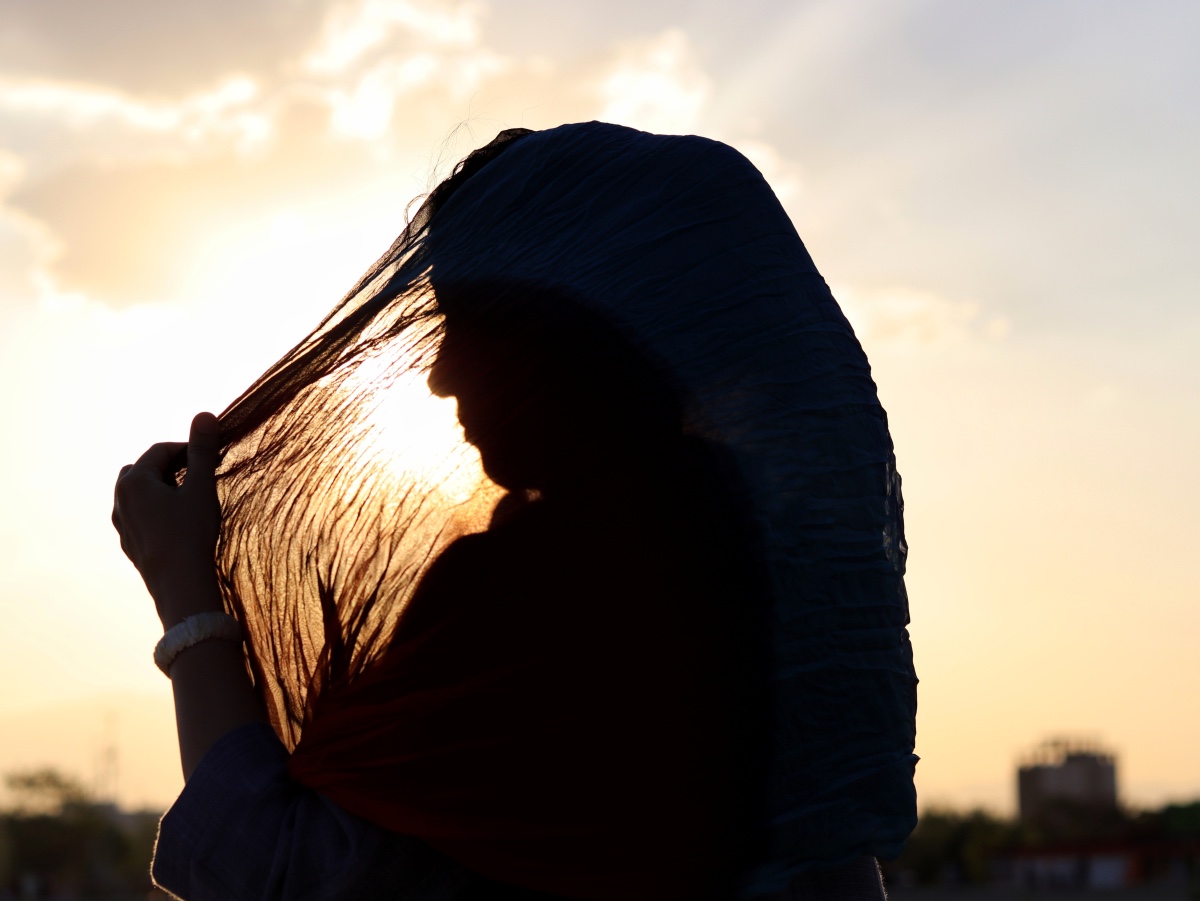Jordan’s King Dismisses Government, Appoints New PM
By the CNN Wire Staff
 |
Marouf al-Bakhit attends a news conference after meeting Iraqi Prime Minister Nouri al-Maliki (unseen) in Baghdad August 15, 2006. REUTERS/Karim Kadim/Pool |
In the last week, Islamists, leftists and union members have demanded more significant economic reform in Jordan.
(CNN) — The king of Jordan dismissed his government Tuesday and appointed a new prime minister with orders to implement political reform.
The dismissal follows several protests calling for change in Jordan — protests that echo demonstrations that have swept across North Africa and the Middle East in the last few weeks.
King Abdullah II asked Marouf Al Bakhit to form a government in Jordan that will implement “genuine political reform,†the Royal Court said in a statement.
The government will “take practical steps, quick and concrete, to launch a process of genuine political reform†and “comprehensive development,†according to a letter from the king to Al Bakhit. It also will act to strengthen democracy, the letter said.
Jordan has been deprived of “achievement opportunities†due to some leaders’ resistance to change, the king wrote, and because they had sometimes put their own interests ahead of those of the public.
The king asked Al Bakhit and the new government “to conduct a thorough evaluation process†and review laws regarding political affairs and civil freedoms to “address the mistakes of the past†and develop “a clear action plan that takes the march of reform forward.â€
King Abdullah II also called on the new government to strengthen the institutional infrastructure and combat corruption, and prosecute those found to be involved in corruption.
The development in Jordan follows protests that forced the president of Tunisia from power and unrest that has convulsed Egypt for days.
Demonstrators also have called for change in Algeria, Sudan and Yemen.
Protest organizers have called for a demonstration this week in Syria.
In Jordan, police estimated that several thousand people gathered in capital Friday to demand more significant economic and political reforms. Protesters including Islamists, leftists and union members marched in downtown Amman, and there were protests in six other cities as well, authorities said.
It was the third Friday in a row for the protests. Demonstrators gathered in front of the Al Husseini Mosque to decry government policies they blamed for rising prices, low wages and unemployment.
There were also calls for former Prime Minister Samir Rifai, who took office in December 2009, to step down, and for the dissolution of parliament.
The Islamic Action Front, the political arm of the Jordanian branch of the Muslim Brotherhood, is also asking for an “elected government.â€
Currently, the king appoints the prime minister and the Cabinet.
The Jordanian government in recent weeks announced several measures aimed at easing citizens’ economic hardships, including reducing taxes on fuel derivatives and subsidizing some basic commodities. A pay raise of 20 Jordanian dinars a month (US$28) was given to civil servants, military personnel and retirees. But protesters Friday said the measures do not go far enough.
Those in Amman on Friday also showed their solidarity with others in the Arab world, most notably Egypt, where protesters have recently taken to the streets to demand certain freedoms and urge the ouster of their leaders and governments.
13-6













2011
951 views
views
0
comments